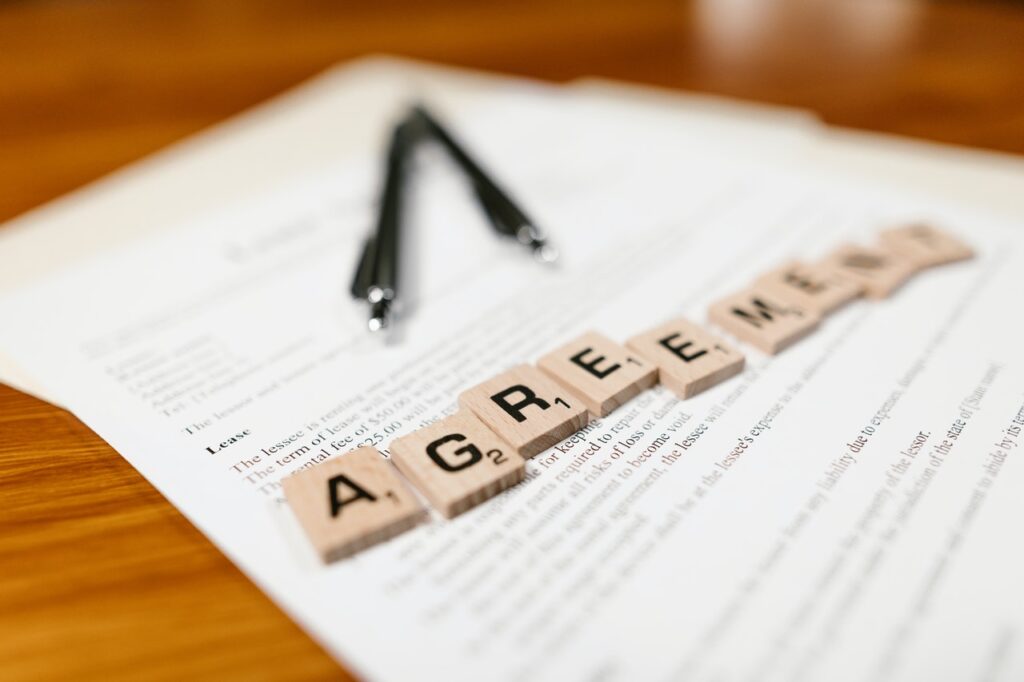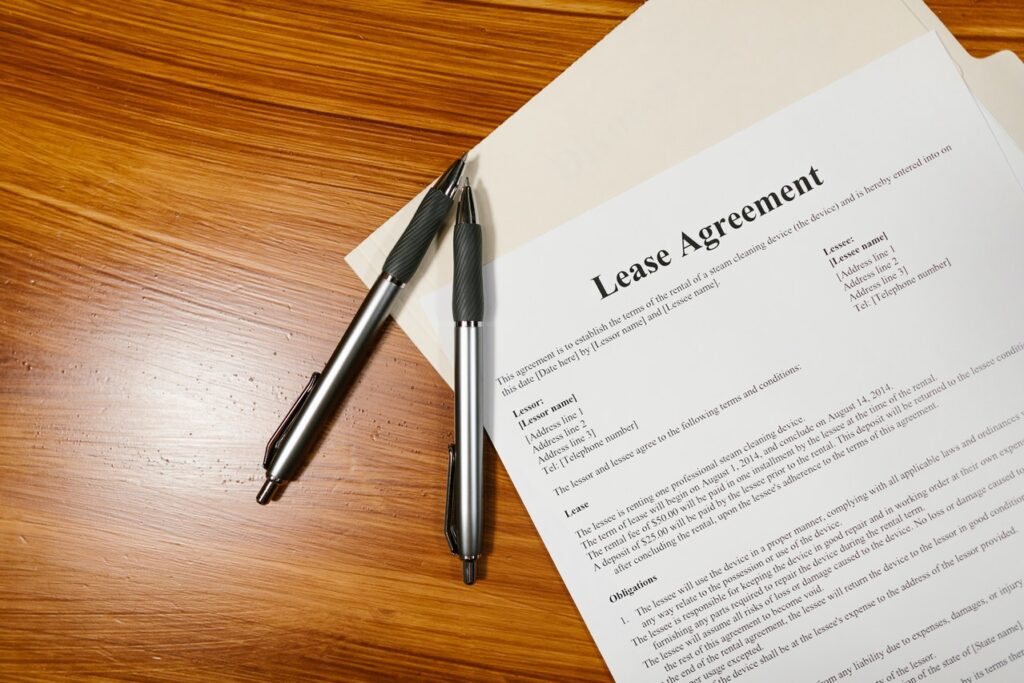Between initial costs and maintenance, purchasing new equipment for your business can be expensive. Small business owners and startups are often burdened with high-interest loans or selling their equity just to finance necessary equipment.
If you are in need of new equipment and cannot afford it, consider new equipment leasing, a more practical alternative to buying. This overview will walk you through the process of equipment leasing, how it works, what you should do to get started, and what options you have available to you.
What Is New Equipment Leasing?
New equipment leasing is a financing option that entails leasing the equipment you need rather than purchasing it. You make monthly payments of interest and fees, but at the end of your predetermined lease term, you return the equipment. This form of financing is used for any expensive machinery or technology you may need for business operations.

Examples include but are not limited to:
- heavy machinery,
- transportation, such as delivery vehicles and hauling equipment,
- communications equipment for your office, such as telephone systems,
- heating and cool systems,
- audiovisual equipment,
- and construction equipment.
Equipment leasing is comparable to a business loan in that you pay interest; however, the asset remains under the ownership of the lessor. You may have a few additional costs related to your contracts, such as insurance and repairs.
How Does it Work?
A new equipment leasing contract works similarly to a standard rental contract. The leasing agent will draft an agreement that states the dates of your leasing term and the monthly and total costs. Contracts vary, but they generally also include the responsibilities of the lessee and the lessor, potential early cancellation options, and the choice to purchase at termination.
Equipment leases routinely last three, seven, or 10 years and do not affect your credit. The rates vary by company and industry, and even though your credit is not affected, your score can raise or lower your rates. Leasing agencies will usually charge higher rates if your credit score denotes risk. In the age of automation, you can collect quotes quickly online.
What Are the Benefits of Leasing Over Buying?
The nature of technology and machinery alike is that they both update often. As businesses become more dependent on technology, updates become increasingly more important to the competition. Leasing provides a solution to this issue; consider the below benefits.
- Regular maintenance is the responsibility of the leasing company.
- Entering into a leasing contract is easier than applying for a loan and a better financing option if your credit is less than perfect.
- Lessors typically do not charge a big down payment.
- You can avoid the expense of disposal when your equipment breaks or becomes outdated.
- You can deduct the cost as a business expense on your income tax return.
- You need significantly less money up front than if you buy.
- Leases typically allow for upgrades at the end of the contract, eliminating the threat of your equipment becoming obsolete.
The disadvantages of leasing are subjective and depend on your equipment needs. Longer leases are potentially more expensive in overall cost, and depending on what type of equipment you need, you may end up paying off a lease on superannuated machinery. However, the process of returning old equipment and leasing the updated version is less costly than disposing of and buying.

What Should You Do Before You Decide to Lease?
Make sure you are fully informed before you decide to lease or buy. This process involves asking yourself important questions about your business and the equipment that you need. Leasing is characteristically more beneficial for short-term contracts. If you need an expensive piece of machinery for only a brief period, a lease is more plausible. If your company is rapidly growing and you tend to outrun the need for the equipment quickly, leasing would be more cost-effective.
Consider the type of technology you need as well. Certain industries require equipment that reaches obsolescence quickly. A short lease with an option to upgrade at termination would be more efficient in that situation.
Of course, your budget is the most important factor in this decision. Even if a lease would be more expensive in the long term, it may fit more comfortably in your monthly budget. Work directly from the budget and know what you can afford before you start collecting quotes.
What Are the New Equipment Leasing Options?
New equipment leasing options generally fit more accurately into one of two categories: operating lease or capital lease. Of course, there are types of leases that present features of both categories. The following is an overview of the two.
Operating Lease
The defining characteristics of an operating lease are shorter terms and the ability to cancel early. This type of contract is most similar to a standard rental agreement and is the most common type of new equipment lease for small businesses and companies in quickly evolving industries. All the aforementioned benefits apply with an operating lease, and the most attractive feature is flexibility.
Capital Lease
A capital lease, also called a finance lease, is more complex and more like a loan than an operating lease. The lessee pays interest and counts the equipment as debt in the accounting process. An agreement can be categorized as a capital lease as long as it meets any one of the four qualifications listed below.
- The length of the lease must equal at least 75 percent of the expected life of the equipment.
- The leasing contract is terminated with a transfer of ownership from the lessor to the lessee.
- The net present value (NPV) of the equipment is a minimum of 90 percent of the fair market value.
- The lessee is given the option to purchase the equipment at a discounted price representing the depreciation of the term.

In some circumstances, capital lease classification is also allowed if the equipment is specialized to meet the specific needs of the lessee.
The key takeaway of this article is that funding is always available to help you grow your business regardless of your cash flow or credit status. For more information on equipment leasing and other business financing options, check out our financing services.
Sources:
- https://corporatefinanceinstitute.com/resources/knowledge/other/equipment-lease-agreement/
- https://www.ondeck.com/loantype-equipment-financing-and-leasing#:~:text=In%20simple%20terms%2C%20equipment%20leasing,payments%20the%20same%20every%20month.
- https://www.investopedia.com/terms/c/capitallease.asp
- https://www.investopedia.com/terms/o/operatinglease.asp


